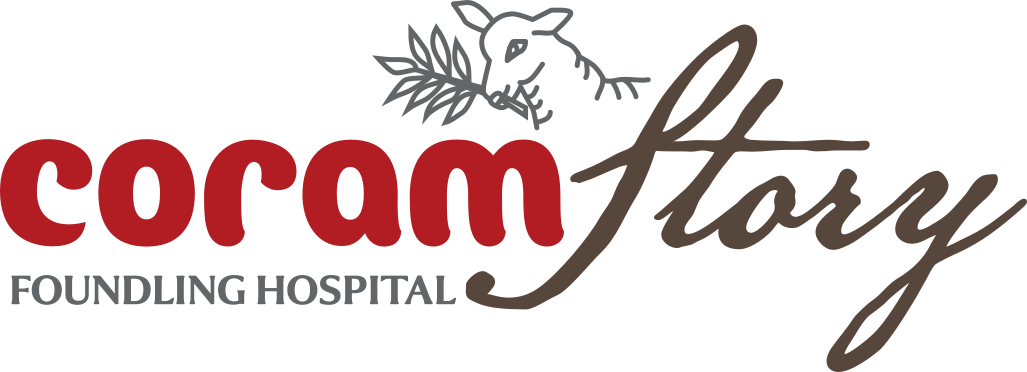April 2021 saw the first Care Experienced History Month recognising and commemorating the lives of care-experienced people. To celebrate the event, our Story of Care Ambassadors were each given an item from our rich archives that was personal to them and tasked with creating a new piece of work based on it. They documented the making process to share on social media. Below are the finished creative pieces. If you can’t see the films, you will need to enable ‘Marketing’ cookies by using the icon in the bottom left.
A read article by Mariam
Mariam explores the topic of petition letters, where mothers wrote to ask for their children back, as well as the position of mothers today. Mariam was used the painting The Christening by Emma Brownlow as her inspiration, which depicts a Foundling being baptised and receiving a new name.
An excerpt from the documentary The Numbers We’re Stuck With by Chris
Through The Numbers We’re Stuck With, Chris investigates why those in care are allocated numbers. Through the documentary he discovers what numbers mean for our identities and why society is dependent on recording people as numbers. Chris was inspired by a page from the Foundling Hospital records showing details of the lives and deaths of foundling pupils.
A poem by Robyn
A poem about admissions to the Foundling Hospital to present day. This was inspired by the Ballot system which was introduced in 1742, where every mother who was hoping for a place for a child, would enter the ‘lottery’.
An excerpt of the podcast by Jules
Taken from Jules’ podcast, this exert is around the relationship that Charles Dickens had with the Foundling Hospital. In 1837, Dickens moved to Doughty Street, near the Hospital, and went on to write Oliver Twist, a story about an orphan boy.
For more information on Jules’s response click here.
The Foundling that Wasn’t – by Aaron
This rap by Aaron was prompted by the story of Foundling number 18,607, John Brownlow, who was baptised at the Hospital in 1800 and later employed as a clerk in the Secretary’s office in 1814.
A read blog by Louise about education then and now
Louise was inspired by a photo of children in the Foundling Hospital studying, as until the early 20th century, children in the hospital were likely to have had better opportunities for education than their peers in the wider community. With universal education not being induced until 1870, many thoughts of poor children received no education at all. Video coming soon.

